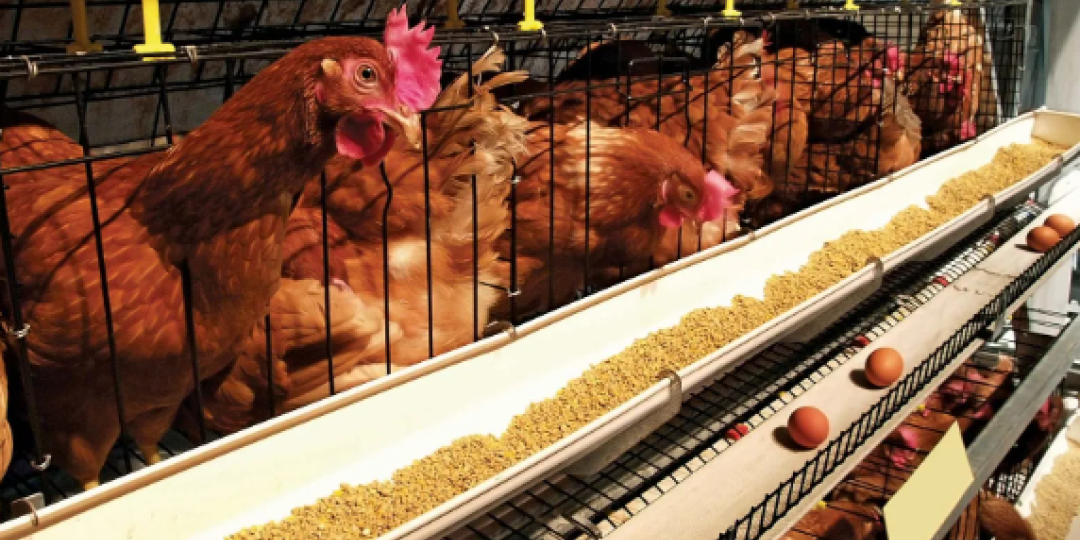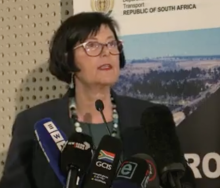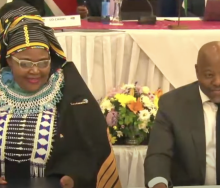Amid worrying signals from the United States regarding the renewal of benefits to South Africa under the African Growth and Opportunity Act (Agoa), the poultry industry is concerned that it may once again become a bargaining tool.
Advocacy group FairPlay believes that if South Africa remains in line to keep its Agoa trade benefits, poultry will once again be an issue in pre-renewal discussions over the next two years.
The organisation points out that in 2015 the US made its poultry exports to South Africa a last-minute, make-or-break condition of Agoa renewal. The result was that South Africa had to agree to a substantial quota of US chicken portions free of the anti-dumping duties that had been in place for the previous 15 years.
That quota started at 65 000 tonnes per annum, and is now more than 71 000 tonnes.
“It’s a licence to dump chicken, despite an investigation that found that unfairly priced US imports were harming the South African poultry industry, which is why anti-dumping duties are imposed,” says FairPlay.
The quota applies to bone-in chicken portions, such as leg quarters, which compete directly with South African frozen chicken portions. When the quota came into force, chicken imports from the US soared, and in 2022 the US supplied half of South Africa’s bone-in chicken imports.
The poultry industry wants to put an end to US chicken dumping and has said it will oppose the renewal of the quota as part of the new Agoa terms.
Whether the US will be receptive to such arguments, given the current political tensions, remains to be seen.
The organisation points to a further complication. Senator Chris Coons of Delaware (President Biden's home state) was the lead signatory on the letter suggesting South Africa should not host the Agoa Forum. The same Senator Coons of Delaware (a big chicken-producing state) led the 2015 fight to institute the quota. And 2024 is an election year in the US.
In the meantime, the poultry industry has been advocating for the imposition of dumping duties on chicken imports from Brazil and four European Union countries.
The duties were due to be implemented a year ago, but Minister of Trade Industry and Competition, Ebrahim Patel, chose to delay their imposition by 12 months – to August this year.
But as the deadline looms, Patel has remained mum on the issue.
Although he agreed with the official investigation, which found that dumping was happening, and harming the local poultry industry, he maintained that new import tariffs could add to food price inflation.













